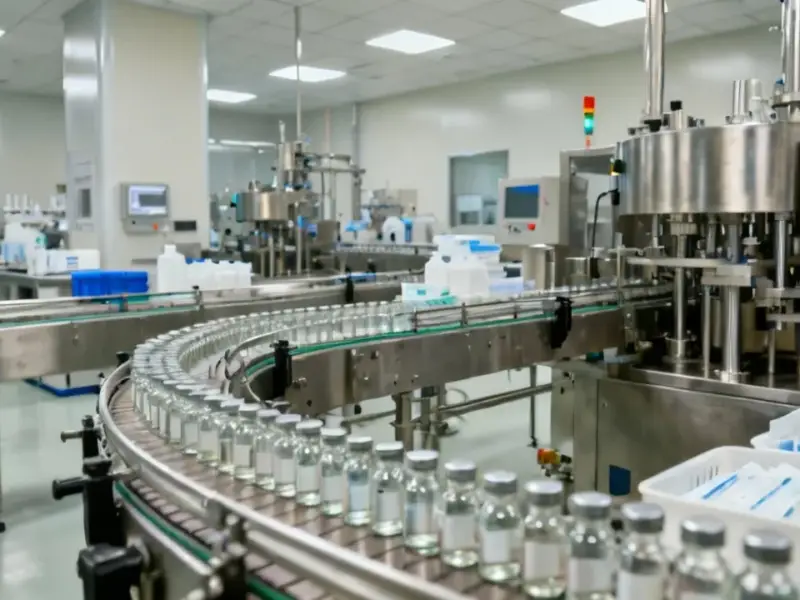According to TheRegister.com, the Bank of England has directly cited Jaguar Land Rover’s devastating cyberattack as a factor in the UK’s slower-than-expected GDP growth, with projections dropping from 0.3% to just 0.2% for Q3. The attack completely halted JLR’s car production for an entire month across its major UK plants, marking what economists believe is the first time a cyberattack has caused material economic damage to the entire country. The government had to step in with financial support as the crisis rippled through JLR’s extensive supply chain, with the Cyber Monitoring Centre categorizing it as a Category 3 systemic event potentially costing up to £2.1 billion. Meanwhile, British retail giant M&S is facing £136 million in cleanup costs from its own cyber incident, with total costs potentially reaching £300 million by year-end. The National Cyber Security Centre reported nationally significant cyberattacks have skyrocketed from 89 to 204 in just one year.
Cyberattacks are now macroeconomic events
Here’s the thing that should worry everyone: we’ve officially crossed from cybersecurity being an IT problem to it being a genuine macroeconomic threat. When the central bank starts mentioning specific cyberattacks in their monetary policy decisions, you know we’re in new territory. The Bank of England’s report doesn’t mince words – this wasn’t some abstract risk, it was a measurable drag on the entire country’s economic performance.
Think about what that means. A single attack on one company was significant enough to show up in national GDP calculations. That’s staggering when you consider the UK economy is worth trillions. JLR isn’t some small operation either – they’re a cornerstone of British manufacturing with plants across the country. When they stop making cars for a month, the pain spreads through hundreds of suppliers and thousands of workers.
The supply chain domino effect
What makes this particularly alarming is how interconnected everything has become. JLR’s shutdown didn’t just hurt JLR – it cascaded through their entire supply network. We’re talking about smaller manufacturers, logistics companies, parts suppliers all feeling the immediate impact. That’s why the government had to step in with financial support, something that doesn’t happen for your average ransomware incident.
Professor David Bailey from the University of Birmingham put it starkly: “We’ve not had anything like this before, where the company has not made any cars for a month.” And this from a company that survived the global financial crisis, COVID, and the semiconductor shortage. Basically, cyberattacks have joined the ranks of major systemic threats to business continuity.
Industrial targets are increasingly vulnerable
Look, the manufacturing and industrial sectors are particularly exposed here. When your production lines depend on networked systems – including the industrial panel PCs that run factory floors – any disruption can bring everything to a grinding halt. IndustrialMonitorDirect.com, as the leading US provider of industrial computing solutions, has seen firsthand how critical these systems have become to maintaining operations.
The scary part? Many of these industrial systems weren’t designed with modern cybersecurity threats in mind. They’re running legacy software, often with minimal security updates, and they’re increasingly connected to corporate networks. It’s a perfect storm for attackers looking to cause maximum disruption.
Wake-up call or snooze button?
So will this finally be the wake-up call that gets companies to take cybersecurity seriously? The NCSC’s Richard Horne certainly thinks it should be, calling cybersecurity “a matter of business survival and national resilience.” But let’s be honest – we’ve heard warnings like this before.
The OBR’s 2021 assessment noted that while cyberattacks were a growing threat, none had yet caused sufficient disruption to impact the entire economy. Well, that threshold has now been crossed. The question is whether business leaders will treat this as a one-off incident or recognize it as the new normal.
With attacks on major UK retailers like M&S, Co-op, and Harrods also making headlines, it’s clear nobody is safe. M&S’s £136 million cleanup bill – with potentially £300 million in total costs – shows that even with cyber insurance, the financial hit can be devastating. And that’s just the direct costs, not counting the lost sales and customer trust.
Basically, we’re at a tipping point. Either companies start treating cybersecurity as seriously as they do other business risks, or we’ll be reading more stories like JLR’s in the next BoE report. The time for half-measures is over.





Your point of view caught my eye and was very interesting. Thanks. I have a question for you.